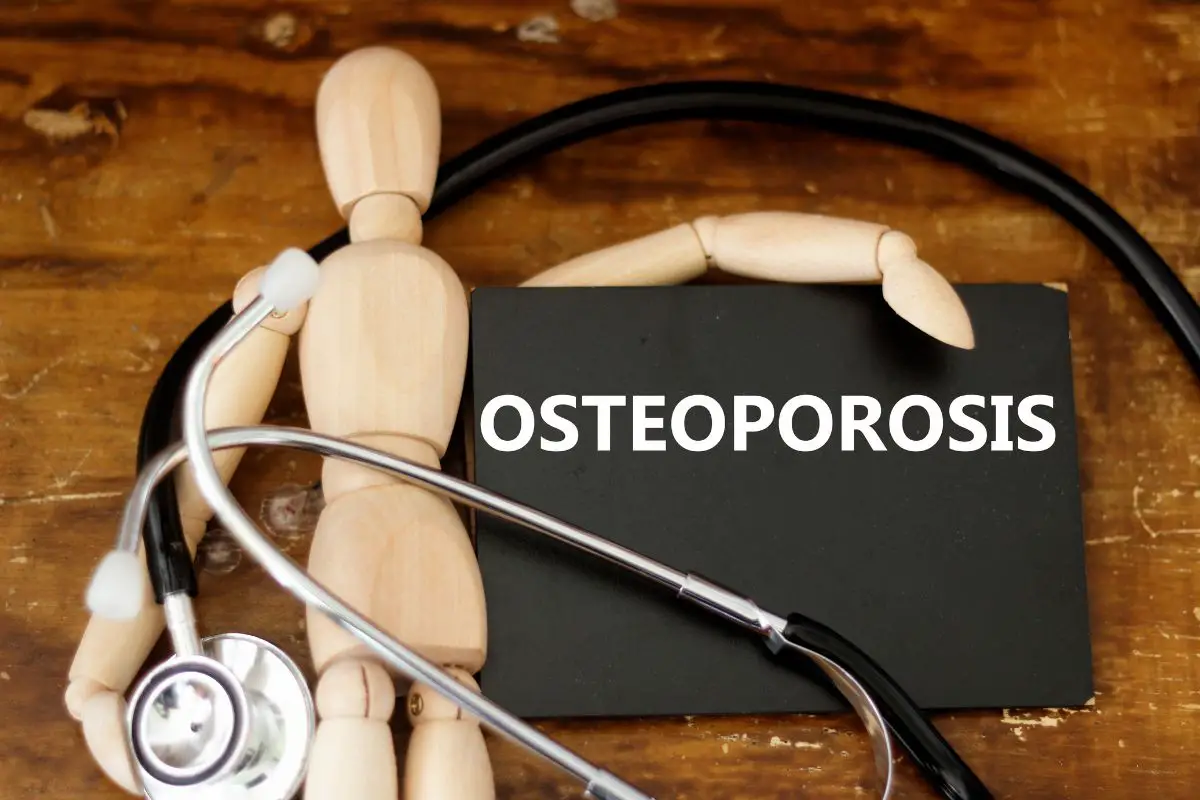Coffee is one of the most studied products in the food and beverage industry. Most studies on coffee focus on whether it has any connection to heart disease, infertility, and cancer among other health conditions.
There’re several claims that coffee leads to numerous health conditions. In fact, some claims argue that coffee can stunt a person’s growth. Apparently, this belief is common.

Are These Claims True or False?
There’s no scientific evidence that proves coffee stunts an individual’s growth. The claim may have originated from misconceptions that coffee leads to osteoporosis, a health condition that’s linked to height loss. Assuming that coffee causes height loss as a result of osteoporosis is false based on the following reasons:
- There’s no evidence that coffee causes osteoporosis.
- Osteoporosis doesn’t cause routine shortness.
Another reason why this claim is false is that in most instances, growth occurs before an individual becoming a regular coffee consumer. Most individuals attain their maximum height in their teenage. Generally, females attain maximum height by the age of 15-17 years while males attain maximum height a little later. Bone growth is something that can’t be undone upon completion.
Several years ago, some studies claimed that coffee consumers may have a higher risk of developing osteoporosis. They claimed that caffeine causes the body to lose calcium and calcium deficiency contributes to osteoporosis.
Claims from these studies attracted a lot of concern and attention. After all, there’re millions of caffeine consumers globally. Presumably, they could all have a higher risk of developing osteoporosis. However, caffeine’s effect on calcium is negligible. Thus, linking coffee consumption to osteoporosis wasn’t confirmed.
Upon analyzing the studies that suggested a link between coffee and osteoporosis, it appeared that individuals who took more coffee drank a lower amount of calcium-containing drinks such as milk. Thus, it’s likely that failure to consume sufficient vitamin D and calcium among coffee consumers increased the likelihood of developing osteoporosis and not coffee itself.
What Causes Height Loss?
Essentially, osteoporosis leads to vertebral compression fractures. Consequently, it causes height reduction, even in an adult. A person can as well lose height due to conditions other than osteoporosis. Basically, the discs below and above the vertebrae (small spinal bones) contain water. The discs lose water over time. Thus, they may degenerate, thereby compressing a bit. In case several discs compress, the affected individual can gradually lose some height.
Height loss can also result from conditions such as scoliosis and kyphosis. Scoliosis is a condition where the spine curves sideways. On the other hand, kyphosis is a condition where the spine curves forward. These conditions often result from abnormalities in development among kids and osteoporosis among adults.
If you have concerns that coffee consumption may affect bone health, consider taking more dietary vitamin D and calcium or supplements to address your concerns.
While it’s factual that individuals suffering from osteoporosis can lose some height or experience curved spines, the actual cause of height loss is fractures rather than osteoporosis itself.
Benefits and Risks of Drinking Coffee
Research studies done on coffee haven’t proven any serious health risks linked to drinking coffee. However, caffeine can cause a slight but temporary high blood pressure, anxiety, and insomnia among some individuals.
Excessive consumption of coffee, at least 6 cups daily, is claimed to cause miscarriage and reduced fertility. However, definitive studies on these claims aren’t available. However, caffeine withdrawal can cause headaches. Also, high caffeine intake can cause migraine headaches. In addition, it may worsen heartburn.
Fortunately, most coffee consumers don’t experience any adverse side effects. In fact, several studies find that coffee doesn’t cause serious illnesses such as heart disease and cancer. Studies have linked drinking coffee to many health benefits such as reducing the risk of:
- Stroke
- Gout
- Type 2 diabetes
- Liver disease
- Alzheimer’s disease
- Parkinson’s disease
- Abnormal heart rhythm
- Certain cancers (such as liver cancer)
Caffeine can briefly enhance energy levels and athletic performance. That’s why some competitive sports prohibit athletes to consume excessive amounts of caffeine. Also, coffee can assist in weight loss.
Some benefits of coffee are not only linked to caffeine. Caffeine drinkers are believed to enjoy a healthier lifestyle than individuals who don’t drink coffee. If this claim is true, those differences, though possibly not related to coffee, may account for reduced risk of developing certain health conditions. Just like how coffee was found not to have any link to osteoporosis, these health benefits may not be related to coffee.
Conclusion
Whether coffee has health benefits or not, it doesn’t stunt the growth of a consumer. An individual’s height is mainly hereditary and dependent on an individual’s health during growth and development. It also depends on your diet. If you observe measures that reduce the chances of developing osteoporosis and observe your diet, you’ll be more likely to attain your maximum height depending on your genes. Since coffee can’t make you any shorter, failure to drink it can’t make you taller either.